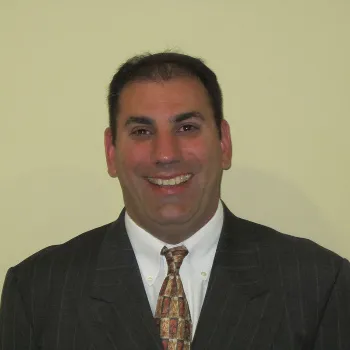New Jersey Estate Planning & Elder Law Firm
We’ll Help You Plan Today for Your Family’s Tomorrow
Ready To Discuss Your Concerns?
Schedule a Free Consultation

About Attorney Benjamin Eckman
Benjamin D. Eckman, Esq. concentrates his practice on Elder Law & Estate Planning. Elder law is intended to broadly assist “extended living”. An elder law practitioner provides the legal information necessary for persons whose lives will extend or have already extended beyond the time when all children are usually out of the house and when regular employment ceases. After the elder law attorney and client complete their work, legal documents have been drafted, tax considerations have been analyzed, and a plan to protect the elder’s estate has been implemented.
We Help You And Your Family With:
Sound Like You?
- Am I making the best decisions to plan for my family in the event I am no longer able to provide?
- How do I navigate the Medicaid Maze?
- Do I need a Will, a Trust, or both?
We Can Help!
Free Resources For You
We’ve put together some useful guides and checklists to help you better understand Estate Planning and Elder Law.
Click on the button to get your complimentary resource.
